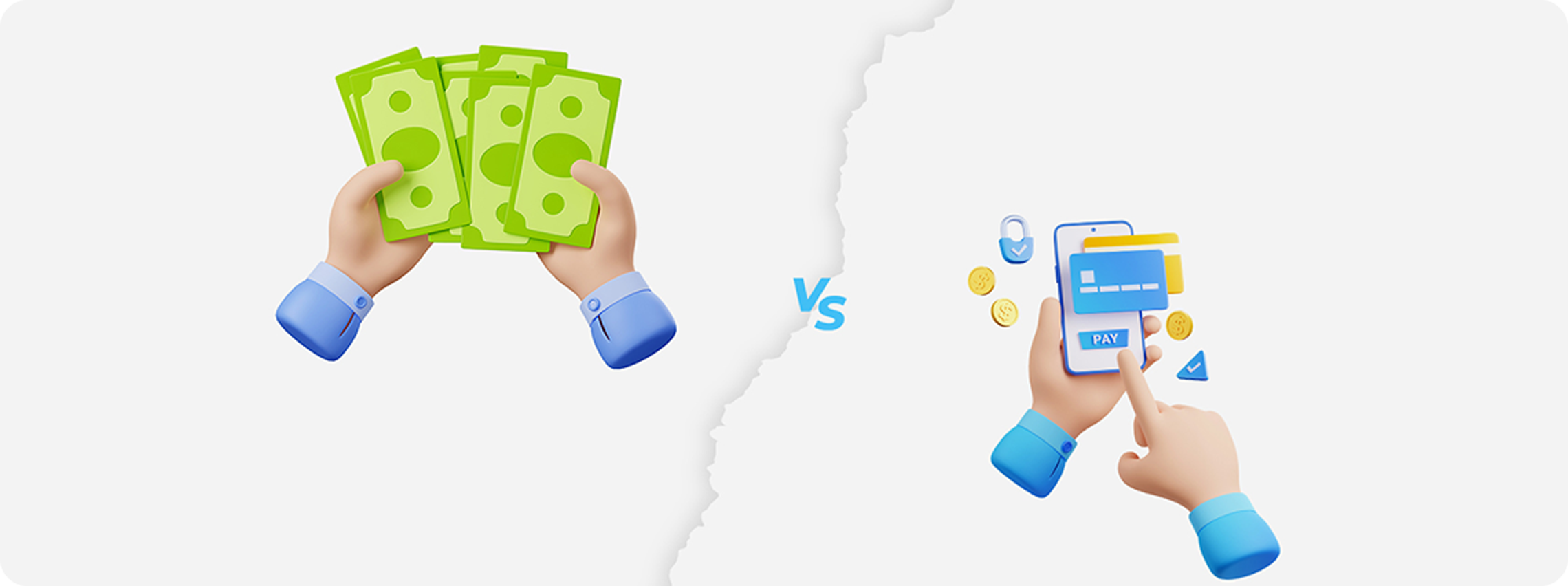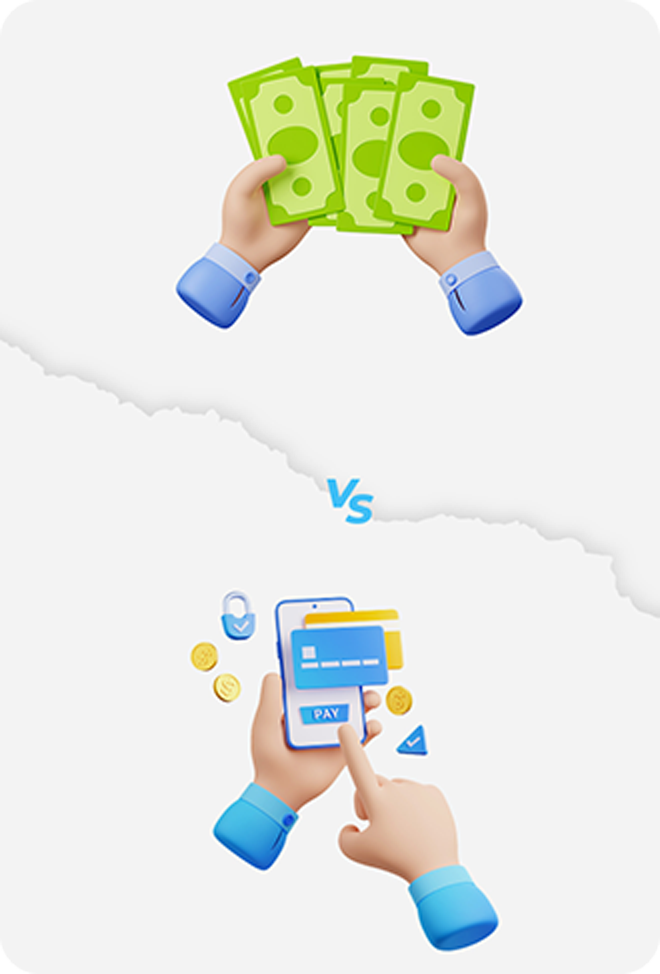Personal Loans vs. Credit Card Debt: Which Option Can Save You More?
![]() By Team PayOff
By Team PayOff
Publish on: 27 May 2025
8 Mins Read
You’re already in debt - your credit card just doesn't label it that way. Every swipe, every minimum payment, every month of compounding interest is a loan you didn’t sign up for, chaining you to a cycle of debt that feels impossible to escape. If you're juggling credit card bills and personal loans, you’re not alone. For many, these debts quietly build up until they’re too loud to ignore. The worst part? You're paying every month and yet, somehow, the debt barely moves.
It’s not your fault. It’s the system. Credit cards, with their shiny reward points and smooth swipes, often trap you into paying more interest than actual debt.
So let’s break it down: what’s really costing you more? And when does a debt consolidation personal loan, via PayOff, make more sense?
Credit Cards vs Personal Loans: The Real Cost
Factor
Credit Cards Personal Loans
Interest Rate (India
avg.) 30% to 45% annually 12% to 18% annually
Interest Type Compound (on daily balance) Fixed (monthly reducing)
Payment Structure Revolving / Minimum due trap Fixed monthly EMIs
Tenure No defined end — endless cycle 1 to 5 years — clear repayment window
Emotional Impact Constant anxiety & reminders One EMI, one focus — mental clarity
So What Does That Really Mean?
Let’s say you owe ₹2,00,000 on multiple credit cards.
- You're paying ₹8,000–₹10,000 per month across cards.
- But the interest is so high, 70–80% of that money goes toward interest only.
- You could end up paying ₹3–₹4 lakhs over 5–7 years if you stick to minimum dues.
Now let’s say you consolidate that ₹2L debt into one personal loan at 14% interest.
- Your EMI could be around ₹6,000–₹6,500/month.
- You’re debt-free in 3 years.
- You save lakhs in interest and cut the stress of tracking multiple due dates.
Why Credit Cards Feel Easier (But Hurt More)
- They don’t ask for much upfront – just “minimum due”.
- You feel in control — “At least I paid something!”
- But the principal remains untouched, and interest quietly piles on.
Let’s be real: minimum due is a trap. It’s a tool to keep you in debt longer.
When Does a Debt Consolidation Loan Make Sense?
You should consider a consolidation loan (via PayOff) if:
- You're juggling 2+ credit cards with high interest
- Your monthly dues feel endless, with no clear finish line
- You want one fixed EMI, not multiple surprises
- You're ready to take control but don't know where to start
PayOff connects you with lending partners who offer structured, lower-interest personal loans for consolidation — so you can actually see the light at the end of the tunnel.
A Simple Example
Before:
- Credit card debt: ₹2,00,000
- Interest: 36%
- Monthly payments: ₹9,000
- Years to pay off: ~6–7
- Total paid: ₹3.8–₹4.5 lakhs
After Debt Consolidation via PayOff:
- One personal loan at 14%
- EMI: ₹6,400/month
- Tenure: 3 years
- Total paid: ₹2.3 lakhs
- Savings: ₹1.5–₹2 lakhs + peace of mind
Peace of Mind is the Biggest Win
Imagine:
- One EMI.
- One due date.
- A clear finish line.
- No more wondering, “Wait, did I pay SBI or HDFC this month?”
That’s what a consolidation loan through PayOff brings — not just savings, but sanity.
Take Control Today
If you’re tired of treading water and want to start swimming toward freedom:
Use PayOff to check if you're eligible for a debt consolidation solution through our trusted lending partners.
No pressure. No spam. Just clear, judgment-free help.
Because your financial life shouldn’t feel like a trap. And breaking free might be simpler than you think.










